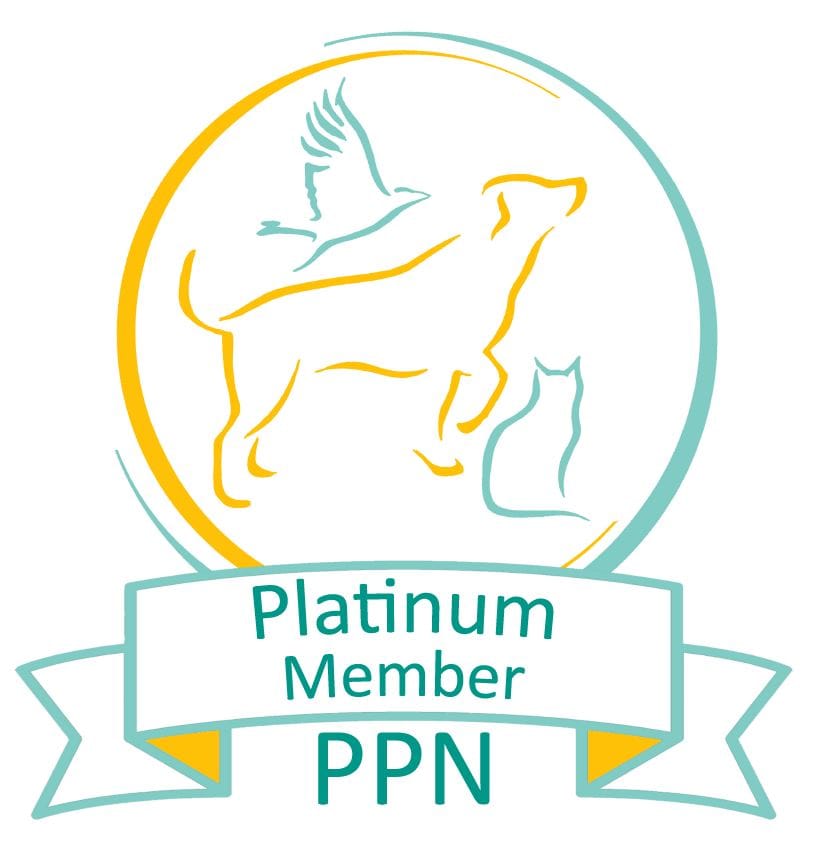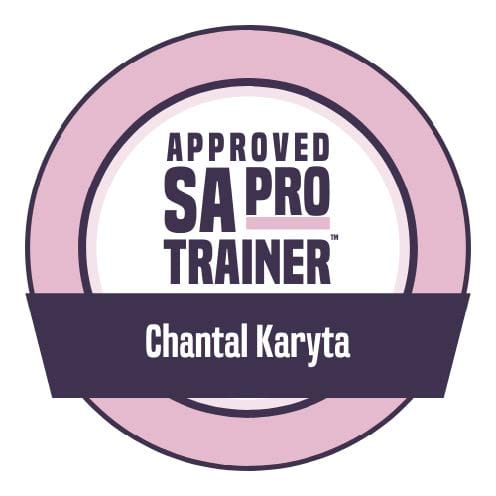Help! My puppy has turned into a rebel!
11/05/2018 - Blog
The team at CK9 regularly hear from worried dog owners who thought they had successfully “cracked” their puppy’s training, only to find that at roughly 5-7 months of age, the dog starts to behave in unexpected ways. He may pay less attention to you, “forget” his recall command, jump up at visitors or bark more than he needs to. Your dog has become a teenager.
Rest assured that you are not the first to be challenged by adolescent doggy behaviour. Don’t lose faith. With careful training and socialisation for your dog, you’ll get through this phase.
In this blog we look at dog training techniques to help you through the adolescent stage.
What adolescent dogs have in common with human teenagers
Starting at around 5-6 months of age, puppies – or rather young dogs – go through an adolescent phase. Some of them sail through it with ease. Some show signs of fearful behaviour and anxiety and nearly all of them test the boundaries by “forgetting” what they have learned so far. Anybody who has parented human teenagers and survived will be able to relate to the phenomenon. It’s not the dog’s fault, but that doesn’t make your life any easier and you certainly don’t want to allow bad habits to establish at this age. Patience, consistency and calmness are what’s called for. Hormones have turned your puppy’s brains to mush and his behaviour is once again as unconstrained as it was when he first entered your life. This is the life-stage when some dogs find themselves in rehoming centres because their first owners are not equipped to cope with their behaviour. Don’t take your dog’s behaviour personally Any good dog trainer will confirm that your dog is just doing what comes naturally. He’s trying to work out how best to live with his human family whilst retaining his doggy identity. In no way is he behaving badly in order to wreak revenge on you for something that happened when he was younger. His behaviour is not about a personal vendetta. It’s just dog. If your adolescent dog starts ignoring his recall commands, pulling on the lead or jumping up. It’s not because he doesn’t like you. Don’t take it personally. Just teach him to control his impulses by showing him a better way to behave. How to survive doggy adolescent behaviour The way to survive life with an adolescent dog is to keep them too busy to get into mischief, and to consistently reinforce good behaviour. Exercising body and mind Think of your dog as a bundle of energy. Most of them are. He can use that energy in several ways.- Physical exercise – walks and/or fast play in the garden
- Mental energy – puzzle solving, hunting for toys, learning new things, training
- Natural Doggy behaviour – aka chewing for leisure
- Focusing on you and ignoring distractions
- Being relaxed and be calm whilst out and about
- Walking on a loose lead
- Recall
- Behaving appropriately around food, other dogs and people
- Mentally stimulating ways to occupy himself at home (without destroying your property!)
Copyright © 2024 CK9 Training









